Honey sold by major brands in India adulterated with sugar syrup says, CSE
By Lokmat English Desk | Published: December 4, 2020 02:30 PM2020-12-04T14:30:00+5:302020-12-04T14:30:00+5:30

Honey sold by several major brands in India has been found adulterated with sugar syrup, the environment watchdog CSE claimed Wednesday.
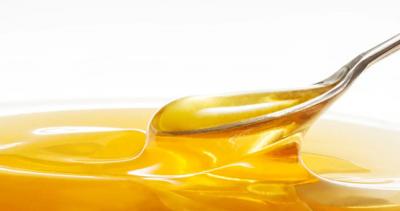
Centre for Science and Environment (CSE) food researchers selected 13 top and smaller brands of processed and raw honey being sold in India to check their purity.
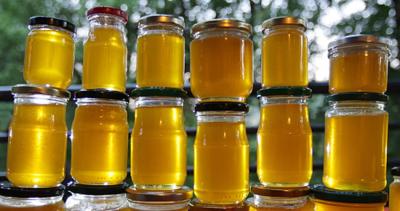
They found 77 per cent of the samples adulterated with the addition of sugar syrup. Out of the 22 samples checked, only five passed all the tests.
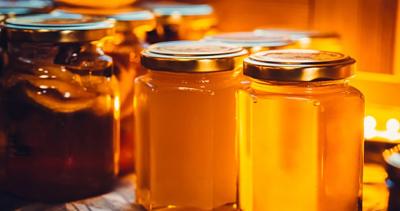
"Honey samples from leading brands such as Dabur, Patanjali, Baidyanath, Zandu, Hitkari and Apis Himalaya, all failed the NMR (Nuclear Magnetic Resonance) test," the study said.
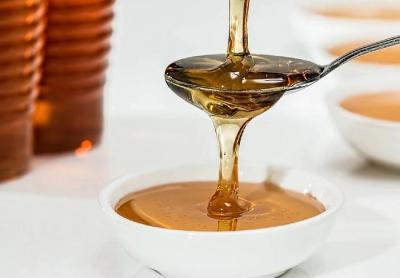
There was no immediate reply to queries mailed to Dabur, Emami (Zandu) and Patanjali on the CSE findings, while spokespersons for Baidyanath and other companies couldn't be contacted immediately.
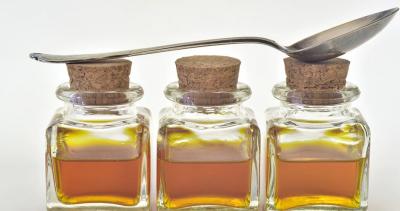
Samples of these brands were first tested at the Centre for Analysis and Learning in Livestock and Food (CALF) at the National Dairy Development Board (NDDB) in Gujarat.
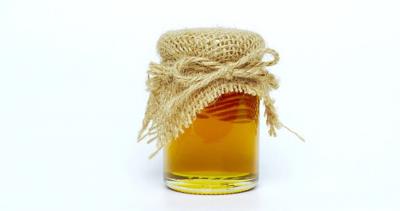
According to the Centre for Science and Environment, almost all the top brands passed the tests of purity, while a few smaller brands failed the tests to detect C4 sugar--it is the basic adulteration using cane sugar.

"But when the same brands were tested using Nuclear Magnetic Resonance (NMR) – laboratory tests currently being used globally to check for such modified sugar syrups – almost all big and small brands failed. Out of the 13 brands tests, only three passed the NMR test, which was done by a specialised laboratory in Germany," it claimed.
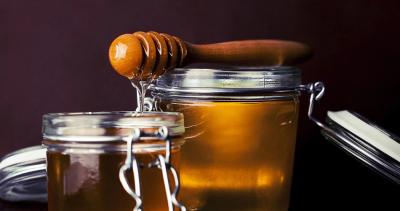
"What we found was shocking. It shows how the business of adulteration has evolved so that it can pass the stipulated tests in India. Our concern is not just that the honey we eat is adulterated, but that this adulteration is difficult to catch. In fact, we have found that the sugar syrups are designed so that they can go undetected," said Amit Khurana, programme director of CSE's Food Safety and Toxins team.
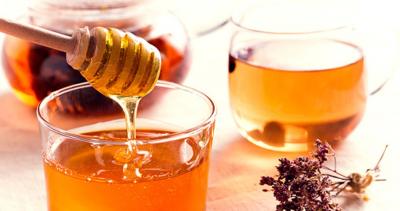
The CSE also claimed that it tracked down Chinese trade portals which were advertising fructose syrup that can bypass tests to check adulteration. It also found that the same Chinese companies that advertised this fructose syrup that can beat C3 and C4 tests were also exported to India.

















